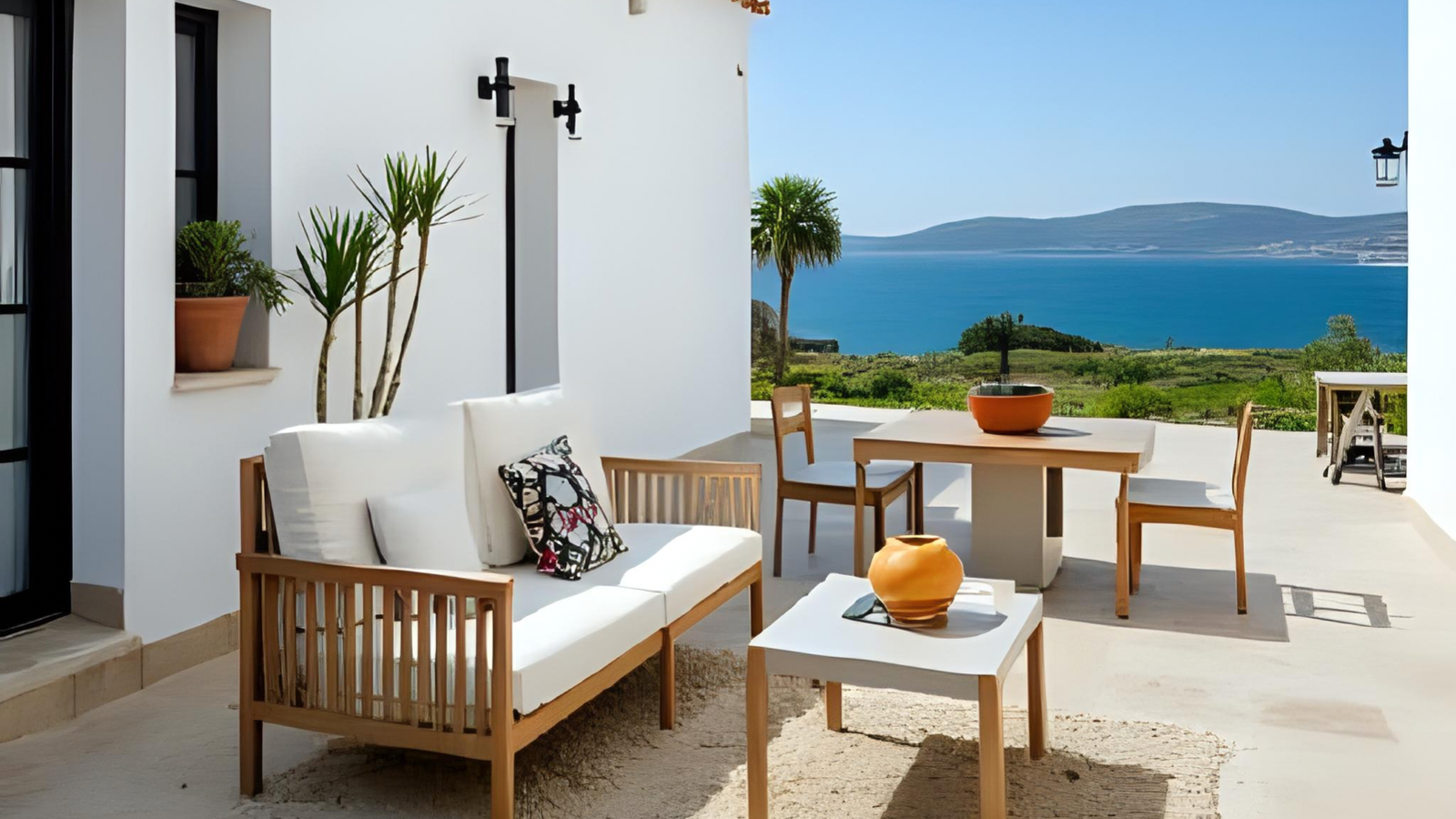French Rare House for Sale: A Guide to France’s Most
February 22, 2026


If you’re considering a move to Portugal or looking for a smart overseas property investment, you’re not alone. The Portugal real estate market for foreigners has exploded in popularity in recent years, driven by Portugal’s welcoming lifestyle, stunning landscapes, favorable investment conditions, and attractive visa programs. Whether you seek a sun-soaked holiday home, a golden visa investment, or a permanent move, Portugal ticks every box for foreigners interested in real estate.
Below, you’ll find everything you need to know about buying property in Portugal as a foreigner, including the buying process, best locations, residency options, legal requirements, and recent market trends.
Portugal stands out as one of Europe’s most attractive destinations for real estate investment, and it’s not just because of its beautiful beaches. Here’s why foreigners are flocking to Portugal’s property market:
1. Residency Opportunities
Portugal’s Golden Visa scheme (though recently modified) allows non-EU citizens to obtain residency through real estate investment. Many expats are also attracted by the D7 Visa, ideal for remote workers, retirees, and those with stable income.
2. Appealing Tax Benefits
The Non-Habitual Resident (NHR) tax regime provides significant tax advantages for new residents, making Portugal a tax-friendly destination for foreign property buyers.
3. Quality of Life
With over 300 days of sunshine a year, world-class cuisine, safety, laid-back culture, and beautiful scenery, Portugal consistently ranks among the world’s best places to live.
4. Favorable Real Estate Prices
Compared to other Western European countries, property prices in Portugal remain competitive, offering more value for your investment.
Yes, absolutely! There are no restrictions preventing foreigners from buying property in Portugal. Both EU and non-EU citizens can purchase real estate outright. Buyers simply need a Portuguese tax number (Número de Identificação Fiscal or NIF) to start the process.
You’ll need a NIF to open a bank account, sign contracts, and pay taxes. You can acquire the NIF at any tax office (“Finanças”) or through a fiscal representative.
Establish your budget, factoring in purchase costs (typically an additional 6-9% for taxes and fees). Many Portuguese banks offer mortgages for foreigners, usually up to 70% of the property value.
Work with a licensed real estate agent (“imobiliária”) who understands the market and can help you navigate local regulations. Popular cities and regions for foreigners include:
Once you’ve found your property, make an offer. If accepted, you’ll sign a promissory contract (“Contrato de Promessa de Compra e Venda”) and pay a deposit (usually 10%).
Your lawyer will verify property ownership, debts, and legal status. This step is crucial for protecting your investment.
The final deed (“Escritura Pública”) formalizes the sale in front of a notary. This is when you pay the remaining balance and officially receive the keys.
Finally, the change of ownership is registered with the Land Registry and Tax Office.
1. Property Prices
As of 2024, average prices (per square meter) may vary widely:
2. Additional Costs
Lisbon: Offers a cosmopolitan lifestyle, cultural attractions, and robust long-term rental demand.
Porto: Perfect for lovers of northern Portugal, offering excellent gastronomy and a vibrant student scene.
Algarve: Popular with retirees, holiday home owners, and golfers—think sandy beaches and expat communities.
Cascais & Estoril: Upscale, family-friendly communities near Lisbon.
Silver Coast: Affordable, close to the ocean, authentic Portuguese charm.
While traditional Golden Visa investment through residential real estate in Lisbon, Porto, and some coastal areas has ended, other property types (commercial, touristic apartments, interior regions) and alternative qualifying investments are still open. Additionally, the D7 and Digital Nomad visas mean you don’t need to invest in property to move to Portugal, but owning can help with residency applications and long-term security.
Q: Is financing available for foreigners in Portugal?
Yes, most Portuguese banks lend to foreigners, often for up to 30 years and 70% loan-to-value.
Q: What is the process for taxes after purchase?
You’ll pay annual property tax (IMI) and file local tax returns if renting out your property.
Q: Are there residency benefits to buying property in Portugal?
Yes, but requirements and qualifying areas may change frequently—consult with an immigration lawyer for up-to-date advice.
Q: Do I need to be in Portugal to buy property?
No, the process can be completed by granting power of attorney to your lawyer.
Portugal remains one of Europe’s brightest real estate markets for foreign investors. Despite rising prices in prime areas, there are still bargains to be found, especially inland and along the Silver Coast. As international working and living trends evolve, Portugal continues offering a unique mix of climate, lifestyle, safety, and investment potential.
If you’re a foreigner considering buying real estate in Portugal, now is a great time to start your journey. Make sure to work with reputable professionals, understand the legal requirements, and research the best locations matching your needs and budget.
Ready to find your dream home under the Portuguese sun? Start exploring Portugal’s incredible real estate opportunities for foreigners today!
Need expert help with your Portugal real estate journey?
Get in touch with our licensed real estate agent or immigration consultant for personalized advice today!
February 22, 2026
February 20, 2026
January 27, 2026
January 27, 2026